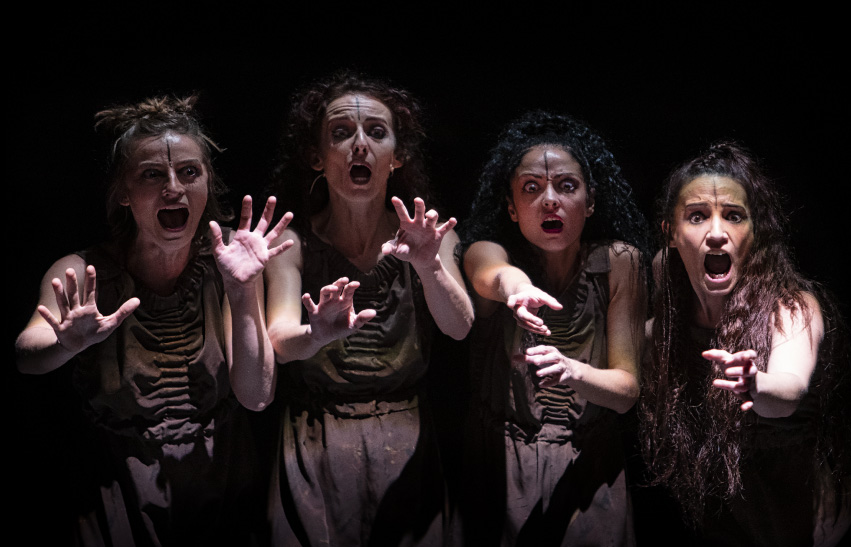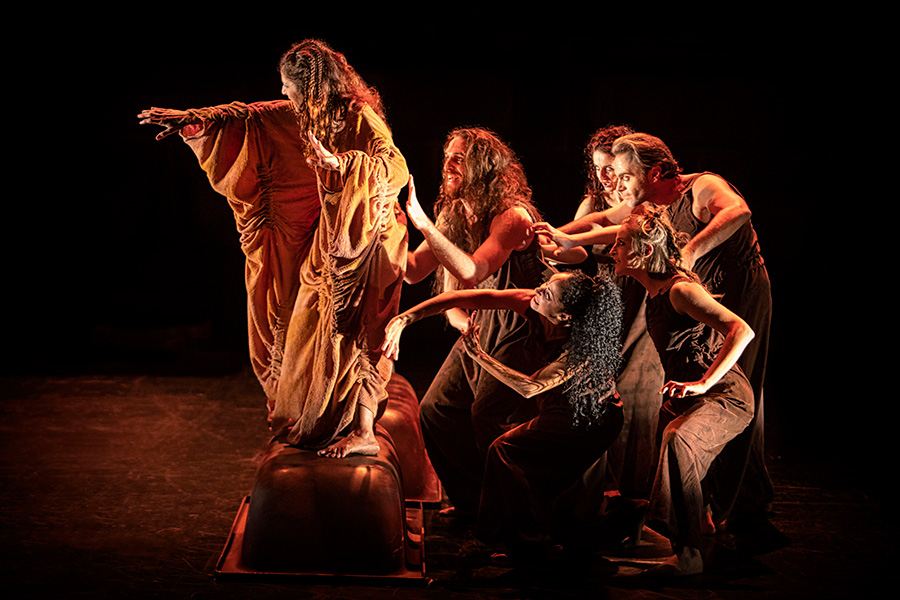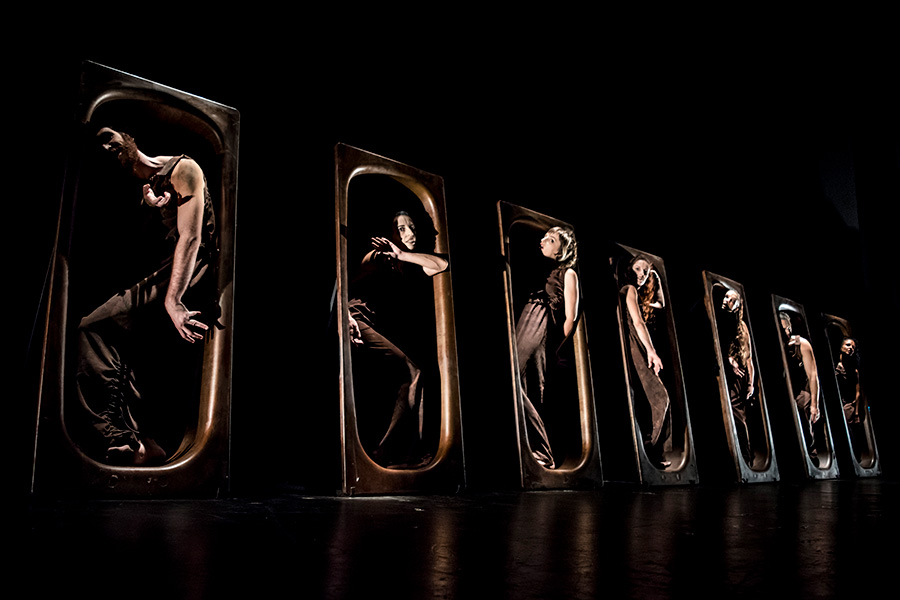The myth of Electra belongs to the Troy cycle. Within Greek Tragedy it is the only one that preserves the versions of the three great poets of Antiquity: Aeschylus (within Coephoras), Sophocles and Euripides. The starting point of the original text and the one addressed on this occasion is the Electra by Sophocles, as well as the Elektra of the version that Hugo von Hoffmansthal made for Strauss’s opera. Electra is one of the seven tragedies that have come down to us from Sophocles and among them it is recognized as the most perfect and clear of his works in terms of structure; For its part, the Hoffmansthal version, presented here, introduces a fast-paced and dizzying ending. Electra served as a reference for the writing of another of the great text of universal theater, Hamlet, since W. Shakespeare started from the same premise of a mother and her lover who murder the father of the protagonist and triggers the desire for revenge of the latter.
The central theme of the work is the spiral of violence (death-revenge-death) that is perpetuated in the Atridas’ house. Revenge is the main leitmotif of the different versions of the work, one of the great evils of humanity, which two thousand five hundred years later continues to cause great tragedies and calamities on very different scales, from the domestic to the planetary; and above all a question to the viewer: “what would you do in that case?” Emotions and questions are the objectives of theater and in Elektra they are expressed in a prodigious way.
The myth of Electra belongs to the Troy cycle. Within Greek Tragedy it is the only one that preserves the versions of the three great poets of Antiquity: Aeschylus (within Coephoras), Sophocles and Euripides. The starting point of the original text and the one addressed on this occasion is the Electra by Sophocles, as well as the Elektra of the version that Hugo von Hoffmansthal made for Strauss’s opera. Electra is one of the seven tragedies that have come down to us from Sophocles and among them it is recognized as the most perfect and clear of his works in terms of structure; For its part, the Hoffmansthal version, presented here, introduces a fast-paced and dizzying ending. Electra served as a reference for the writing of another of the great text of universal theater, Hamlet, since W. Shakespeare started from the same premise of a mother and her lover who murder the father of the protagonist and triggers the desire for revenge of the latter.
The central theme of the work is the spiral of violence (death-revenge-death) that is perpetuated in the Atridas’ house. Revenge is the main leitmotif of the different versions of the work, one of the great evils of humanity, which two thousand five hundred years later continues to cause great tragedies and calamities on very different scales, from the domestic to the planetary; and above all a question to the viewer: “what would you do in that case?” Emotions and questions are the objectives of theater and in Elektra they are expressed in a prodigious way.
Duration: 1 hour and 15 minutes.



